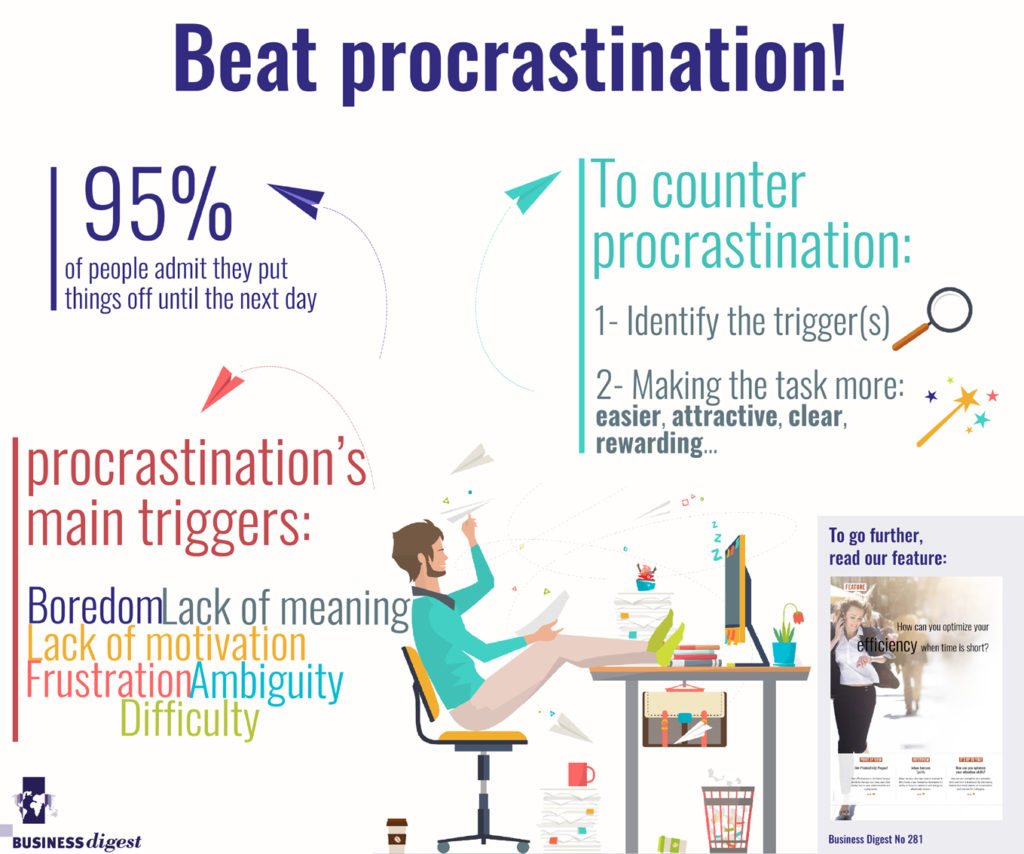In our daily lives, we often encounter challenges that hinder productivity and personal growth. Among oque e procrastinacao the most common procastinaçao issues are procrastination, emotional dependency, and impostor syndrome. These problems not only disrupt personal and professional life, but addressing them can lead to significant personal improvement.
In this article, we’ll explore what these issues are, why they occur, and practical ways to address them. By gaining this knowledge, you can take control of your habits and achieve your goals with confidence.
What is Procrastination?
Procrastination is the tendency to postpone tasks or decisions that require immediate attention. This behavior is often linked to emotional and psychological factors.

Research shows that procrastination is rooted in the brain’s preference for short-term rewards. Common causes include poor time management, low energy levels, and overwhelming workloads. Recognizing these triggers is essential to addressing the issue effectively.
How Emotional Dependency Affects Relationships
Emotional dependency is characterized by a deep reliance on external relationships for approval, validation, or support. While seeking connection is natural, excessive emotional dependency leads to imbalance and stress.
People with emotional dependency often feel insecure without constant reassurance. This behavior often stems from childhood experiences, such as a fear of abandonment or low self-esteem. Building self-awareness and working on personal growth can help foster healthier, more independent relationships.
What is Impostor Syndrome?
Impostor syndrome refers to the internalized fear of being exposed as a fraud. Despite evidence of competence, individuals with impostor syndrome doubt their own abilities.

This mindset results in anxiety and self-doubt, hindering personal and professional growth. Research suggests that addressing impostor syndrome requires acknowledging accomplishments, reframing negative thoughts, and seeking constructive feedback.
Practical Tips for Personal Growth
To combat these challenges, consider implementing the following strategies:
- For procrastination: Set small, manageable goals and use tools like to-do lists or time-blocking techniques.
- For emotional dependency: Focus on building self-esteem through activities like journaling, therapy, or mindfulness practices.
- For impostor syndrome: Document your successes and remind yourself of past accomplishments regularly.
Consistency is vital—adopt these habits gradually to achieve sustainable results.
Conclusion: Taking Charge of Your Mental Habits
These common psychological challenges don’t have to define your life. When you take proactive steps to address these issues, you can achieve significant personal growth.
Begin today—pick a single habit to focus on and apply it consistently. Over time, you’ll see improvements in your mindset and daily life.